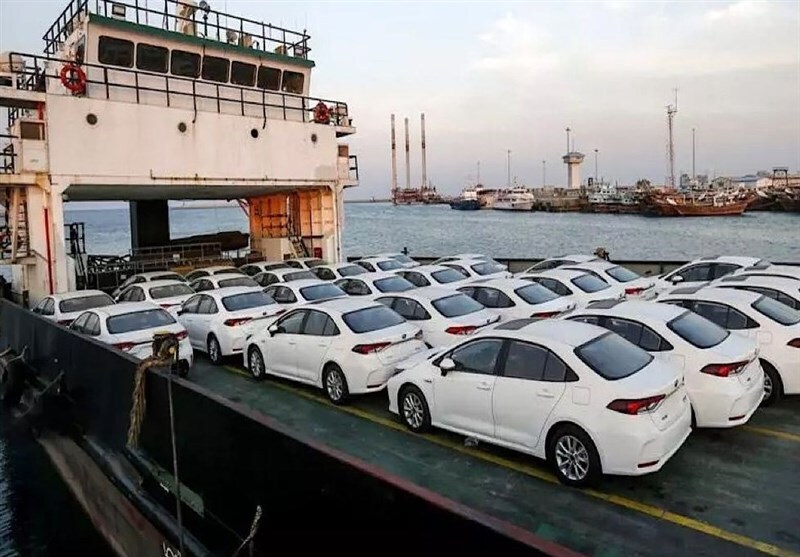Iran Customs Clarifies Import Tariffs on Vehicles Pending Executive Bylaw
 The Islamic Republic of Iran Customs Administration (IRICA) has announced that, pending the issuance of the executive bylaw for Clause (R) of Note 1 in the 1404 (2025) National Budget Law, the import tariffs for vehicles will remain consistent with those applied in 1403 (2024). Accordingly, the applicable duty base for imported vehicles is currently not set at 100%.
The Islamic Republic of Iran Customs Administration (IRICA) has announced that, pending the issuance of the executive bylaw for Clause (R) of Note 1 in the 1404 (2025) National Budget Law, the import tariffs for vehicles will remain consistent with those applied in 1403 (2024). Accordingly, the applicable duty base for imported vehicles is currently not set at 100%.
As specified in the official directive issued to customs offices across the country, the entry duties for electric vehicles (EVs) are set at 4%, hybrid vehicles at 15%, and gasoline-powered vehicles range between 55% to 135% — all based on the 1403 tariff framework.
What Does the 1404 Budget Law Say About Vehicle Imports?
Clause (R) of Note 1 of the 1404 Budget Law mandates the Central Bank of Iran (CBI) to allocate a minimum of €2 billion annually from resources defined under Article 11 of the Seventh Development Plan — or other approved sources — for the importation of new and used passenger cars (up to five years old).
Eligible importers must adhere to the “Automotive Industry Reform Law” enacted on November 17, 2021, including its subsequent amendments. Imports financed through the designated €2 billion allocation will be subject to a 100% import duty.
Additionally, cars imported under this provision using export-derived foreign exchange will be subject to the related foreign currency clearance requirements for exporters.
Iranian nationals residing abroad (with residency permits) are allowed to import one vehicle per person in 1404, outside the main quota, using their own foreign currency resources and without transferring currency through the banking system. These imports are also subject to a 100% import duty.
The executive bylaw for this clause — covering import registration procedures, permit issuance mechanisms, currency source verification, competitive licensing methods, and allocation of forex for car part imports — will be developed by the Plan and Budget Organization in coordination with the Ministry of Industry, Mine and Trade and the Central Bank, and is subject to Cabinet approval.
Recent Amendments Outside Parliament
Meanwhile, a recent decision by the heads of the three branches of power increased the import funding cap from €2 billion to €3 billion. In a separate resolution involving the First Vice President, import tariffs were confirmed at 4% for electric and 15% for hybrid vehicles — but no final determination has been made for gasoline-powered vehicles.
Given the explicit language of the 1404 Budget Law, any import tariff other than the mandated 100% is considered unlawful. Similar to the issue of reduced VAT on essential goods in 1404, the government is obligated to submit a formal amendment to the budget for any change in tariff policy.
The Hidden Complexity Behind Import Tariff Confusion
The ongoing uncertainty stems in part from the tripling of the customs exchange rate. While the government’s initial draft budget — prepared by the Plan and Budget Organization — increased the calculation rate from IRR 28,500 to the NIMA exchange rate, it failed to offset the effect through reduced import duties.
As a result, the government is now facing significant challenges due to excessively high import tariffs. Without an official amendment to the Budget Law, there is currently no legal pathway to reduce import duties through lower-level administrative decisions.


